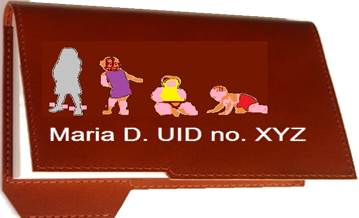
Medical Record Linkage
• Record linkage means bringing together information that relates to the same individual or family, from different data sources. In this way it is possible to construct chronological sequences of health events for individuals
• The records may originate in different time or places.
• Medical record linkage implies the gathering and maintenance of one file for each individual in a population, with records relating to his/her health.
• The events commonly recorded are
– birth, marriage, death,
– hospital admission and discharge
– sickness absence from work,
– prophylactic procedures
– Use of social services, etc.
• Record linkage is a particularly suitable method of studying association between diseases; these associations may have etiological significance.
• The challenges with record linkage are
– the volume of data that can accumulate
– Privacy issues
– Involvement of different agencies for different records
– High chances of incomplete retrieval of information
• Therefore in practice record linkage has been applied only on a limited scale e.g. twin studies, measurement of morbidity, chronic disease epidemiology and family and genetic studies.
• At the moment, record linkage is beyond the reach of many developing countries.
References:
1. Park’s Textbook of Preventive and Social Medicine
2. Aerial et. al; 2014 Scientific paper: Record Linkage in Health Data: a simulation study Available at: https://www.cbs.nl/NR/rdonlyres/8B9CC6D8-5EE9-41F7-85BC-D7E53C0FB372/0/2... accessed on 7th July 2016
